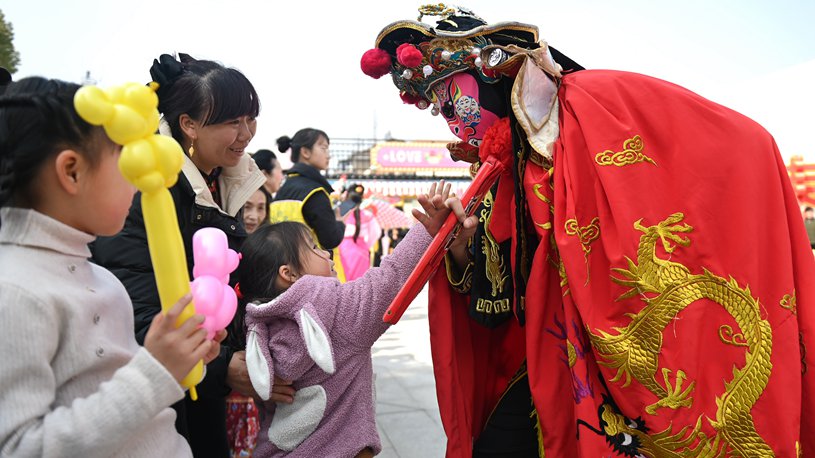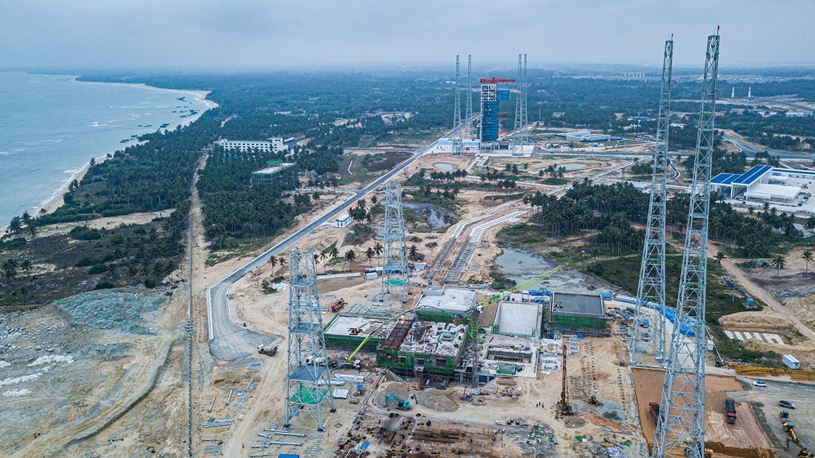
BEIJING, March 9 (Xinhua) -- Chinese researchers have revealed the anti-tumor characteristic of neutrophils -- a type of white blood cells -- and the related molecular regulation mechanism, providing new insights into cancer diagnosis and treatment.
The discovery, made by researchers at the Shanghai Institute of Immunity and Infection under the Chinese Academy of Sciences and the Fudan University, was published in the journal Cell on Tuesday.
Neutrophils are the most abundant white blood cells in a human body. As the first line of defence against bacterial and fungal infections, they play a key role in anti-infection immunity.
The researchers analyzed individual neutrophils from 143 patients with 17 different types of cancer, using cutting-edge single-cell RNA sequencing technology.
They revealed that neutrophils can adopt at least 10 highly specialized and distinct functional states related to inflammation, blood vessel formation, and -- most excitingly -- presenting antigens to activate potent cancer-killing T cells.
"We were surprised to find such intricate complexity and divergent roles embedded within neutrophils, which have been overlooked for so long as a simple population," said Zhang Xiaoming, a researcher at the institute.
"What is especially remarkable is their newly discovered capacity to act as antigen-presenting cells, maturing and rallying T cells against cancer. In addition, the abundance of antigen-presenting neutrophils is associated with improved patient prognosis across many tumor types revealed in this study," he said.
Through extensive analysis, the researchers determined that the antigen-presenting state can be switched on through metabolic signaling of the amino acid leucine and ensuing epigenetic changes.
"We've uncovered a way to wake up an untapped army already living within our immune system. Strategically activating these neutrophil states or modulating their behavior through metabolic or dietary means represents an entirely new paradigm to empower cancer immunotherapy," Zhang said.
The researchers then validated the therapeutic potential of these findings through vivo models. They found that delivering antigen-presenting neutrophils or simply modulating the leucine diet dramatically boosted the antitumor immune response in mice, and the treatments also markedly improved outcomes of PD-1 checkpoint immunotherapy across a range of cancer types.
"This completely changes how we perceive neutrophils in the context of cancer," said Gao Qiang, a professor at Fudan University. "Now we know we could harness the diverse hidden identities of neutrophils to strengthen the effectiveness of immunotherapies. We're thrilled to further explore the potential benefits of these newly uncovered mechanisms in clinics."
The study underscores the value of single-cell sequencing approaches to reveal new functional dimensions even within seemingly well-understood immune cells. Tapping into the hidden potential of neutrophils may provide new insights into cancer diagnosis and treatment. ■












